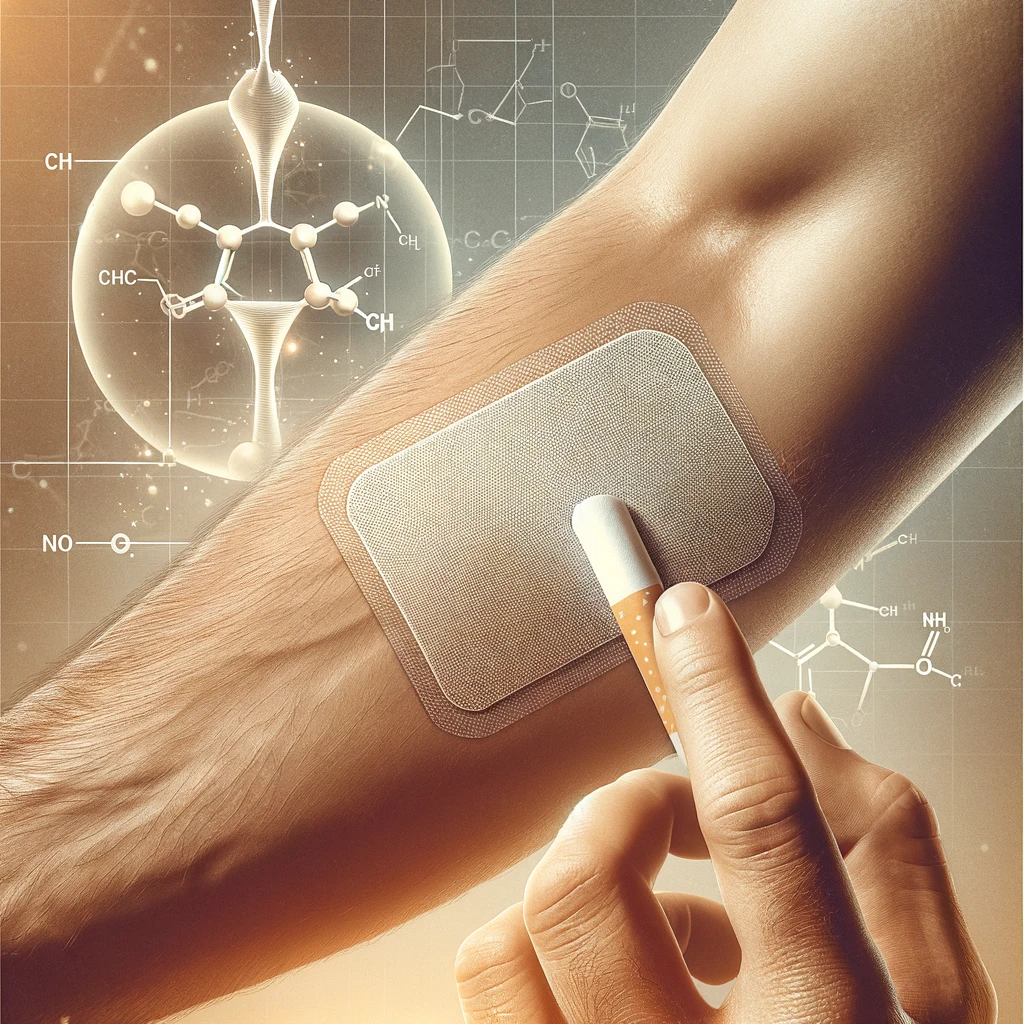Dissociative Anesthetics
Drugs such as phencyclidine (PCP) and ketamine (Special K) were developed as general anesthetics. They produce distortions in both sight and sound and a general feeling of detachment (you feel far away from your body). Dextromethorphan, a widely available cough suppressant, when taken in high doses, can produce effects similar to PCP and ketamine. Nitrous oxide, sometimes known as laughing gas, is also a member of this same category of substances.
PCP, ketamine, and dextromethorphan work by preventing a neurotransmitter, glutamate, from attaching to its receptors in the brain. Glutamate is involved in the perception of pain, responses to the environment, and memory. Although low doses of the anesthetics increase heart rate, higher doses can depress consciousness and breathing. Combining this category of substances with alcohol or other sedatives is extremely dangerous.
These dissociative anesthetics carry the risk of extreme psychological dependence. They separate your perceptions from sensations (what you feel like with heat or cold), giving you a dreamy feeling. It is difficult to move in this state, and you may experience a sense of vulnerability. In fact, you are vulnerable to outside dangers because of your inability to move.
Get a personal consultation.
Feel free to contact us nearest to your location







